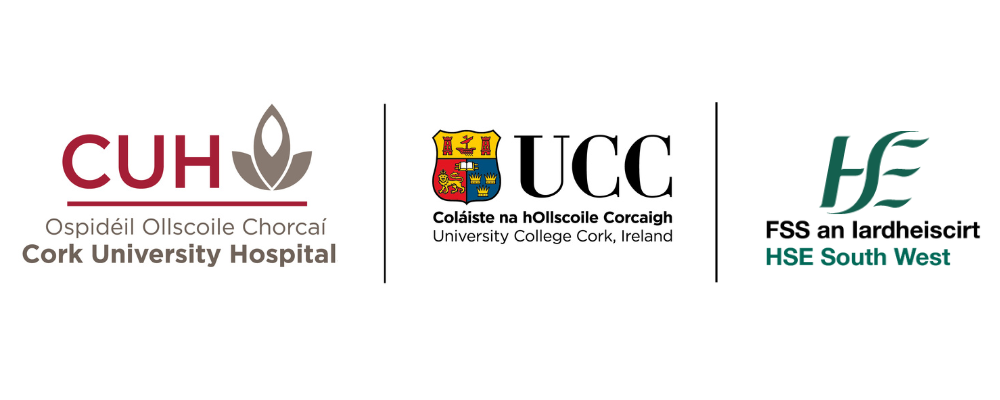Psycho-oncology
What is Psycho-Oncology?
Psycho-oncology at Cork University Hospital is service specialising in mental health in cancer care. We are concerned with aspects of cancer that go beyond medical treatment and include psychological and psychosocial aspects of cancer. The psycho-oncology service aims to give all cancer patients psychological care and emotional support when they need it.
How can Psycho-Oncology help me?
The Psycho-oncology team can help patients cope with cancer-related distress and adjust to the emotional impact and stresses that can occur with a serious physical illness like cancer.
Who are the Psycho-Oncology team?
The psycho-oncology team consists of different healthcare professionals who work with and alongside oncology doctors and nurses at CUH. They include:
Psychiatrist: A senior medical doctor who specialises in diagnosing and treating mental health problems in context of cancer. A psychiatrist can prescribe medication if needed.
Psychologist: A healthcare professional who is trained in a variety of skills to work with people. A psychologist can assess your psychological needs and help you make sense of your difficulties. The Psychologist can help you identify goals for therapy and agree on an intervention with you. We provide evidence-based psychological interventions such as cognitive behavioural therapy (CBT), Compassion Focused Therapy (CFT), mindfulness or relaxation techniques.
Clinical Nurse Specialist: A registered nurse who has advanced training and experience. A clinical nurse specialist can provide psycho-social assessments for mental health, education, and advice. They also offer emotional support on various aspects of cancer care, coping strategies, self-care and treatment options.
Medical Social Worker: Medical Social Workers provide practical and emotional support to you and/or your family. A Social Worker can also offer education and support on talking to children about cancer. Social Workers advocate and may suggest referral to other appropriate support services.
How to access the Psycho-Oncology service?
You may be referred to the psycho-oncology service by your oncology nurse specialist, by a member of your medical oncology team or by your medical social worker and they will contact us on your behalf. If you feel you need a referral, you can also ask your treating medical team.
What happens if you are referred to the Psycho-Oncology service?
A detailed assessment is carried out by one of the psycho-oncology team. At the end of the assessment, we will discuss together if further individual meetings from our service would benefit you. Some patients may benefit from input from different Psycho-Oncology multi-disciplinary team members. We may also signpost you to community support services if you feel you need it. We will discuss together what the best options are for you.
What is Cancer Related Distress?
Distress is a normal response when a person receives a cancer diagnosis. Everyone with cancer has some level of distress at some point in time. Distress is normal, common, and expected. For example, a person may feel sadness, fear, and helplessness.
Distress can range from mild to extreme levels. Some people experience more distress than others. Being distressed can make it harder to cope at times.
If you are feeling distressed and struggling to cope with your cancer diagnosis and treatment, please talk to your medical oncology team/oncology nurse specialist.
Your medical and nursing team will ask you questions about how you are feeling. They may refer you to the Psycho-Oncology Team. Here are some examples of the mental health difficulties we can help with:
- Anxiety
- Panic
- Depression
- Coping with adjustment, change and loss
- Coping with how cancer affects your functioning
- Coping with treatment side effects
